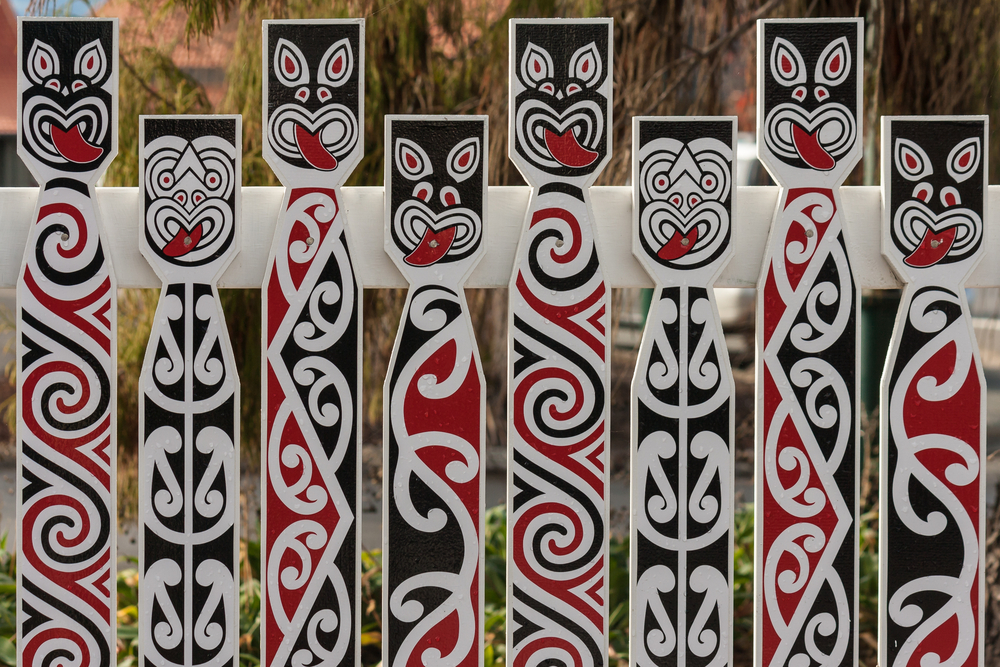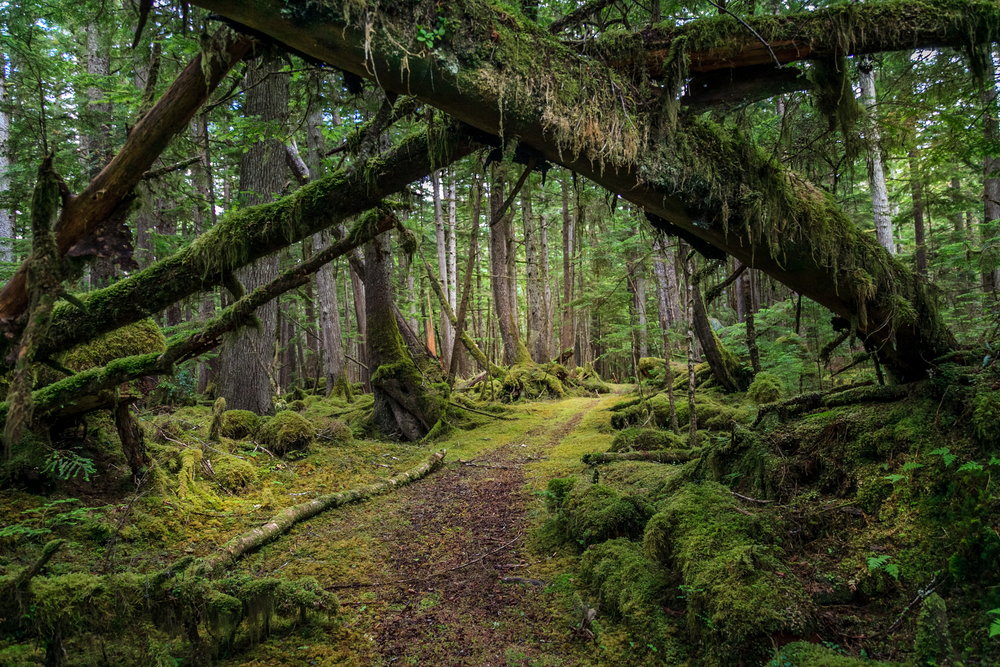Exploring Indigenous Communities: A Guide to Sustainable & Respectful Travel
Indigenous Tourism – Discover 10 must-visit indigenous communities around the world. Dive deep into their unique traditions, stories, and tips for engaging in a sustainable and respectful manner.
Are you looking for a unique travel experience that is both sustainable and respectful of Indigenous cultures? Look no further than Indigenous tourism destinations. These destinations offer travelers the opportunity to learn about and experience Indigenous cultures firsthand, while also supporting local communities and promoting sustainable travel practices.
From the stunning Copper Canyon in Mexico to the vibrant Maori culture of New Zealand, there are countless Indigenous tourism destinations to choose from. Not only do these destinations offer breathtaking scenery and unforgettable experiences, but they also prioritize sustainability and respect for Indigenous cultures. By choosing to travel to these destinations, you can help support local communities and promote sustainable travel practices.
Key Takeaways
- Indigenous tourism destinations offer unique travel experiences that are both sustainable and respectful of Indigenous cultures.
- These destinations prioritize sustainability and support local communities.
- By choosing to travel to Indigenous tourism destinations, you can help promote sustainable travel practices and learn about Indigenous cultures firsthand.
10 Must-Visit Indigenous Communities Around the World: Sustainable & Respectful Travel Guide

1. Maori of New Zealand:
- Location: North Island, particularly Rotorua
- Experience: Engage in a traditional Maori hāngi (feast), learn the haka (dance), and visit the Marae (communal spaces).
- Travel Tip: Always wait to be invited before entering a Marae, and remember to remove your shoes.
2. Native Hawaiians of Hawaii:
- Location: Various islands of Hawaii
- Experience: Attend a luau, take hula lessons, and learn about the concept of ‘Aloha’ and ‘Ohana’.
- Travel Tip: Be conscious of sacred sites and always ask before taking photographs.
3. Sami of Northern Europe:
- Location: Northern parts of Norway, Sweden, Finland, and Russia
- Experience: Stay in traditional lavvu tents, witness the Northern Lights, and embark on a reindeer safari.
- Travel Tip: When visiting in winter, dress warmly in layers and respect the Sami’s close bond with their reindeer.
4. Himba of Namibia:
- Location: Northern Namibia, Kunene region
- Experience: Learn about the red ochre paste they wear, their intricate jewelry, and pastoral lifestyle.
- Travel Tip: Always ask for permission before clicking photographs and consider purchasing handcrafted items to support the community.
5. Haida of Haida Gwaii, Canada:
- Location: Archipelago off British Columbia’s west coast
- Experience: Explore the rich totem pole heritage, ancient forests, and listen to oral histories.
- Travel Tip: Prioritize guided tours led by Haida locals to gain authentic insights.
6. Karen Hill Tribe of Thailand:
- Location: Northern Thailand, particularly Chiang Rai
- Experience: Immerse in traditional weaving practices and wear the iconic long-neck rings.
- Travel Tip: Stay in community-run homestays rather than commercial ventures to directly benefit the tribe.
7. Kogi of Colombia:
- Location: Sierra Nevada de Santa Marta
- Experience: Understand their deep connection with Mother Earth and their role as the “Elder Brothers” who protect the planet.
- Travel Tip: Travel with a trusted local guide and always follow their guidelines in this sacred territory.
8. Navajo Nation of the USA:
- Location: Southwest USA, primarily in Arizona, Utah, and New Mexico
- Experience: Dive deep into Navajo art, rug weaving, and the spiritual Monument Valley.
- Travel Tip: Respectfully visit during organized tours, and always adhere to tribal laws and customs.
9. Toda Tribe of India:
- Location: Nilgiri Hills, South India
- Experience: Discover their unique barrel-shaped huts, embroidered shawls, and dairy rituals.
- Travel Tip: Always be courteous and consider offering a donation when visiting their settlements.
10. Mapuche of Chile:
- Location: Central and southern Chile
- Experience: Taste traditional foods, listen to age-old tales, and participate in Nguillatun, a spiritual ceremony.
- Travel Tip: Learn some basic words in Mapudungun, the Mapuche language, as a sign of respect.
Sustainable & Respectful Travel Tips:
- Always seek permission before taking photos.
- Prioritize community-run and owned accommodations and tours.
- Educate yourself about the local customs and taboos before visiting.
- Purchase local crafts and goods directly from artisans.
- Be a responsible traveler by minimizing waste, conserving water, and respecting wildlife.
Conclusion: Top 10 Indigenous Tourism Destinations

Indigenous tourism offers a unique window into the world’s oldest cultures, traditions, and stories. When approached with respect and sensitivity, it can provide invaluable experiences for travelers and tangible benefits for indigenous communities. Explore, engage, and enrich yourself, but always tread lightly.
Indigenous tourism is a sustainable and respectful way to travel that benefits both travelers and Indigenous communities. By engaging in cultural experiences and staying in eco-friendly lodges, travelers can have immersive experiences while also supporting the local economy.
It is important to prioritize sustainability in Indigenous tourism to minimize negative impacts on the environment and biodiversity.
As a traveler, it is important to be mindful of your impact on the environment and to seek out sustainable travel options. By choosing eco-friendly lodges and supporting Indigenous-owned businesses, you can help to promote sustainable tourism and support the local community.
Overall, Indigenous tourism offers a unique and enriching travel experience that promotes sustainability and cultural exchange. By following sustainable travel practices and supporting Indigenous communities, you can make a positive impact while also having a memorable and meaningful travel experience.
For More Info : https://www.unesco.org/en